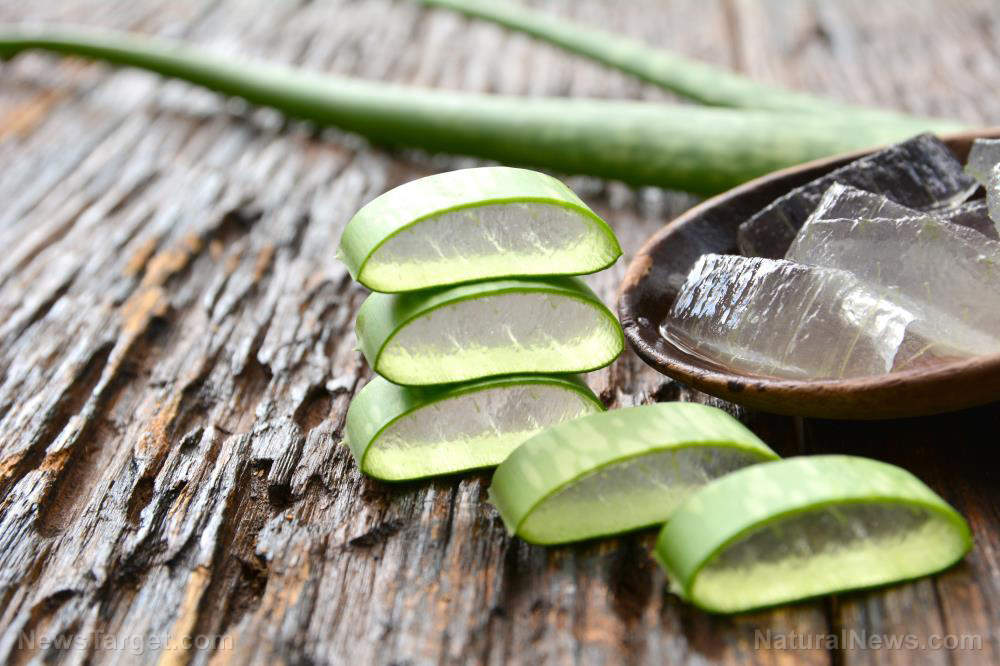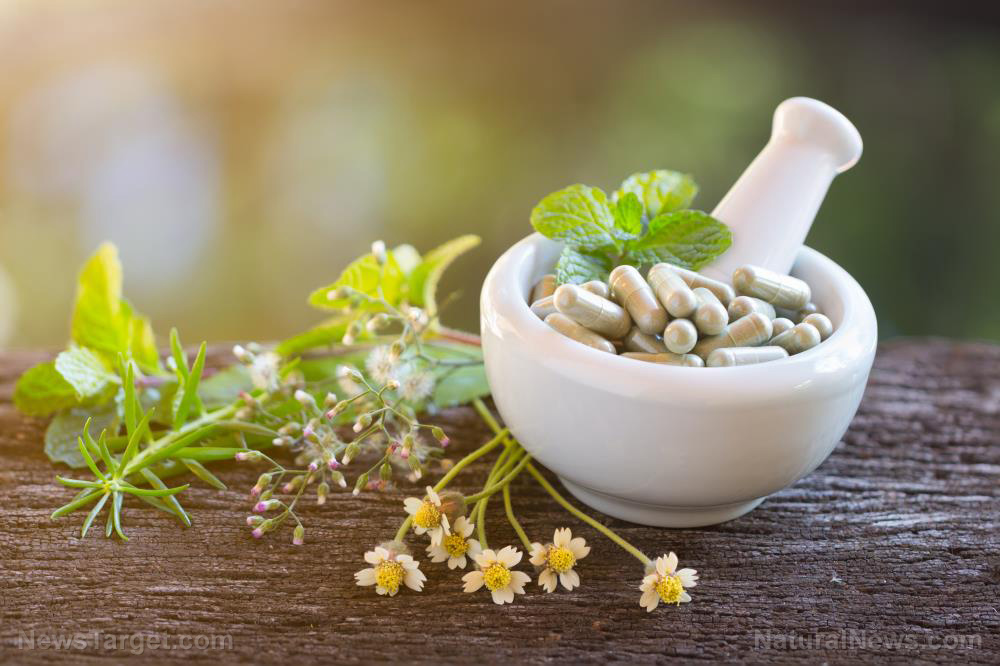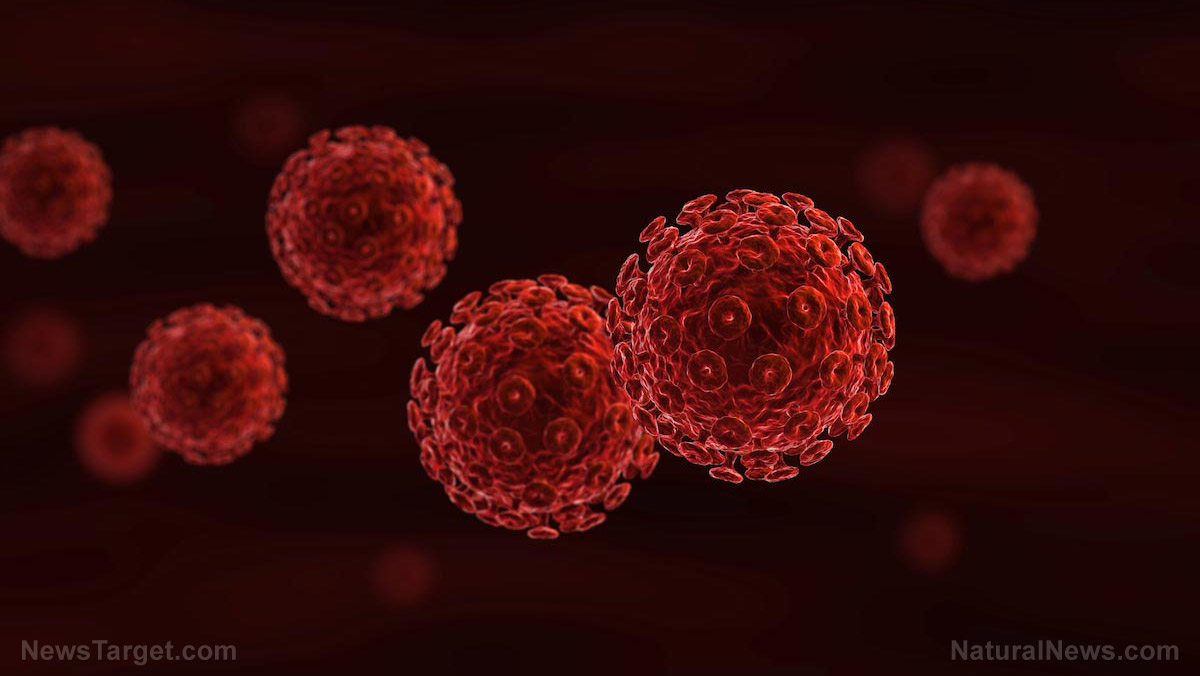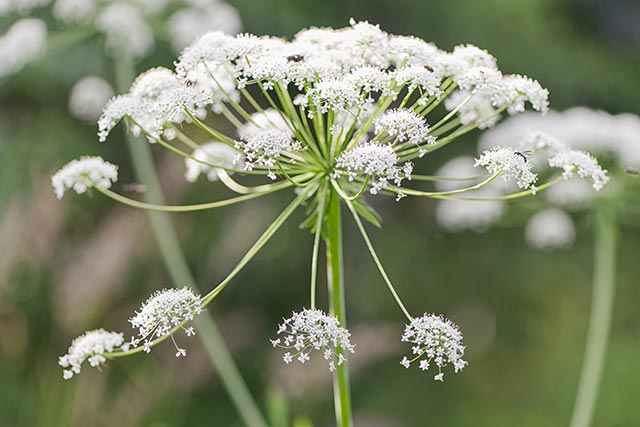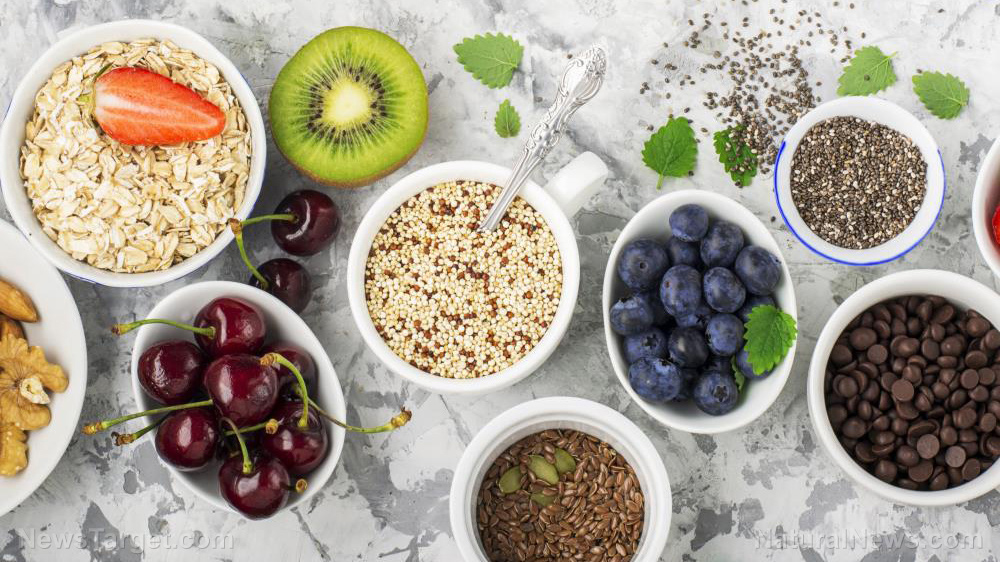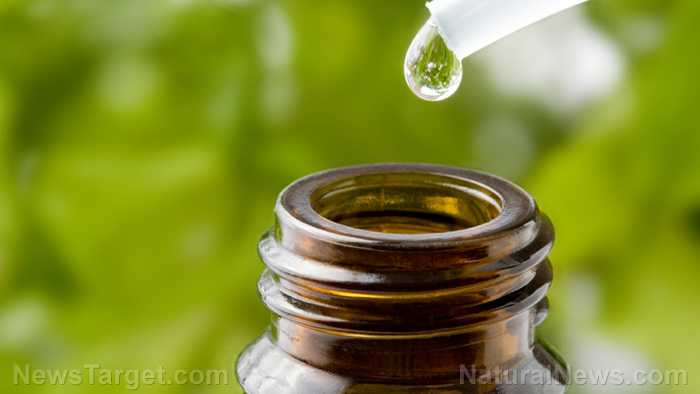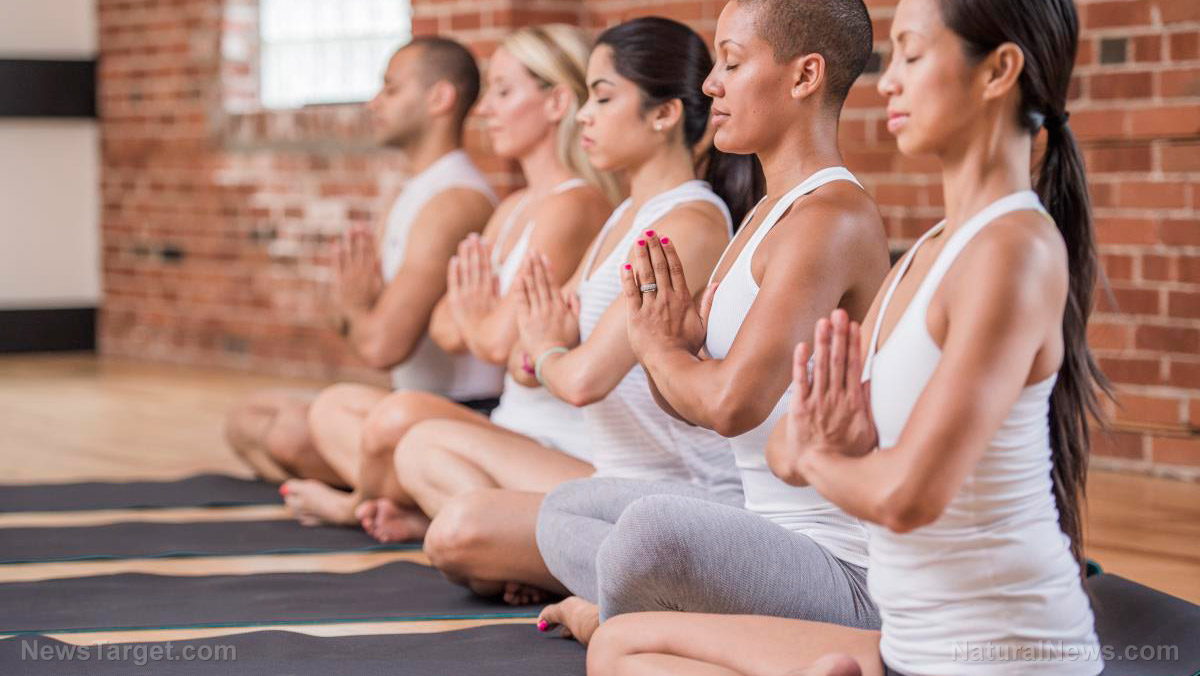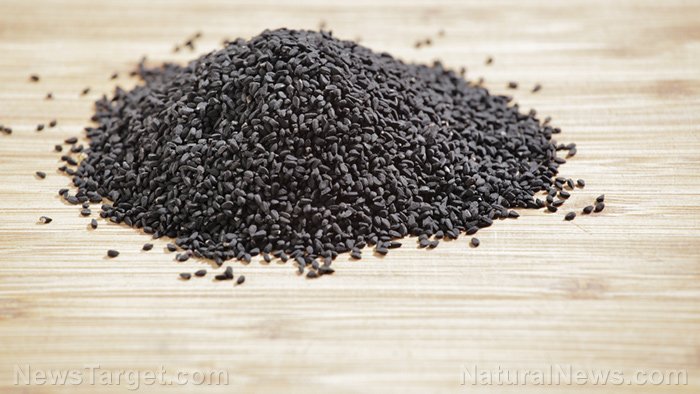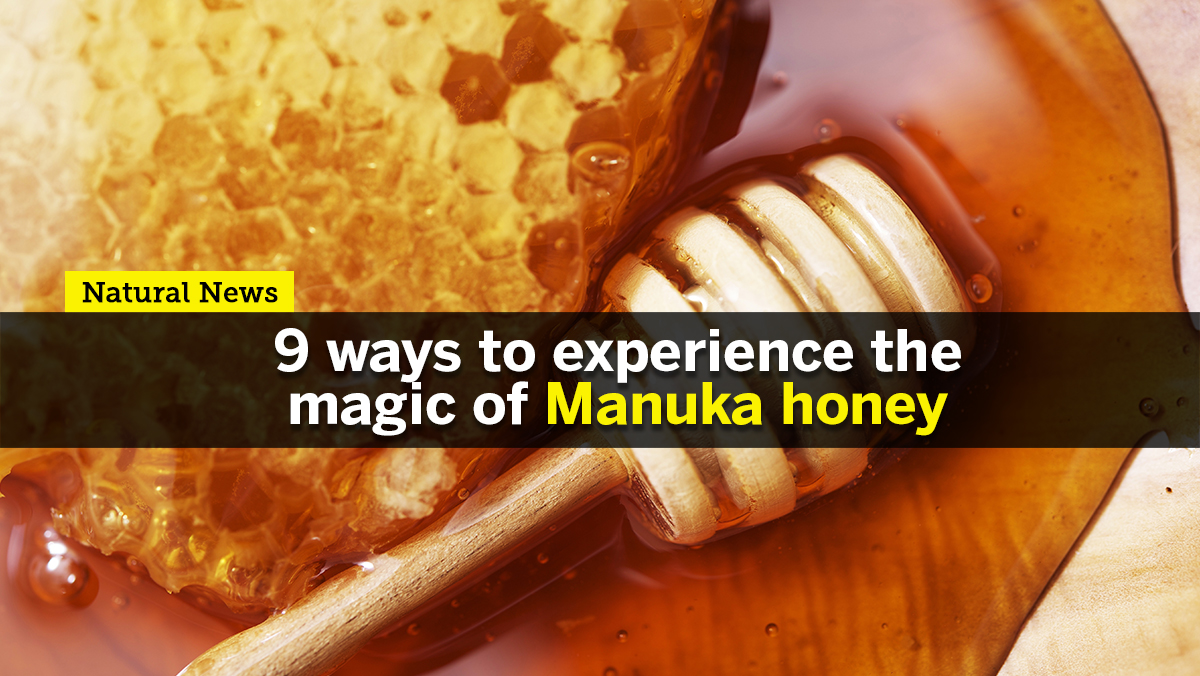CBD oil: A miracle oil that relieves anxiety without causing a high
05/23/2018 / By Tracey Watson

Anxiety is truly one of the greatest afflictions of our time. Many of the so-called “conveniences” that are supposed to make modern life easier and more enjoyable, including the Internet, social media, emails, WhatsApp, etc., invade our lives, leaving us little time to disconnect and maintain a state of calm. We are left feeling anxious and overwhelmed, on a permanent treadmill to nowhere. For many, this culminates in burnout and anxiety.
The Anxiety Centre reports that around 18.1 percent of all American adults are diagnosed with some form of anxiety, though experts believe that the true figure is closer to 30 percent, since many people do not seek help for the condition. A study commissioned by the Anxiety and Depression Association of America (ADAA) found that anxiety disorders cost the country over $42 billion each year – a third of all the costs associated with mental health in the U.S.
Big Pharma’s go-to drugs for anxiety are selective serotonin reuptake inhibitors (SSRIs) like Zoloft and Prozac. However, these dangerous drugs cause multiple side effects, and an increasing number of people – including celebrities – are turning to a natural, safe alternative to cope with their anxiety called cannabidiol (CBD) oil.
What is CBD oil, and does it work?
CBD is an oil that is sourced from the hemp plant – a variety of the Cannabis Sativa plant that is grown specifically for industrial uses in the production of paper, clothing, biodegradable plastics, etc. Unlike the cannabinoid tetrahydrocannabinol (THC) found in marijuana, CBD does not have any psychoactive properties and does not produce a high. It is both legal and safe. (Related: Learn more about the amazing benefits of CBD oil at CBDs.news.)
Healthline reported that scientists believe CBD oil helps anxiety sufferers by working with the brain receptor known as CB1:
The exact way CBD affects CB1 is not fully understood. However, it’s thought that it alters serotonin signals. Serotonin is one of your body’s chemicals and plays a role in your mental health. Low serotonin levels are common in depression. Not having enough serotonin can also cause anxiety in some people. (Related: Holistic trends for mental and emotional health in 2018: Adaptogens, CBD, nootropics.)
Dr. Sarah Brewer, a GP and the medical director of the company Healthspan, noted that CBD oil has noticeably beneficial psychological effects and reduces anxiety while promoting relaxation and a good night’s sleep. (Related: Calm your anxiety and stress with these 10 natural herbs.)
The National Institute on Drug Abuse determined after several studies that CBD oil reduces stress in animals, and that they exhibited fewer behavioral signs of anxiety after being treated with the oil.
And, in 2011, the Journal of Psychopharmacology published a study which found that 400 milligrams of CBD effectively reduced symptoms of anxiety in patients with Seasonal Affective Disorder (SAD).
Countless other studies have reached the same conclusion: When it comes to anxiety, CBD oil works. Period.
What the celebrities are saying
Healthista reported recently that countless celebrities, including Jennifer Aniston, sing the praises of CBD oil when it comes to treating stress, pain and anxiety.
“CBD helps with pain, stress and anxiety,” Aniston told US Weekly. “It has all the benefits of Marijuana without the high.”
“The most important thing to do (to prep for the Victoria’s Secret Show) is to sleep eight hours the night before but it’s hard because the mind gets anxious, so I try CBD oil and I think it helps,” noted Victoria’s Secret Angel, Alessandra Ambrosio.
And actress Olivia Wilde told the New York Times that she uses a body lotion infused with CBD oil and finds that it helps her to relax. She believes it also helps her to avoid using chemical painkillers when her work causes her back and neck pain.
So, the verdict is in: CBD oil works for anxiety. There really is no need to expose your body to harmful chemical drugs to alleviate your anxiety.
Sources include:
Tagged Under: Alessandra Ambrosio, Anxiety, cannabidiol oil, Cannabinoids, cannabis, CBD oil, celebrities, healing, herbal medicine, Herbs, Jennifer Aniston, Medicine, mental health, natural cures, natural medicine, Olivia Wilde, pain, pain relief


